The course provides insights into international politics in general (main mechanisms, theories and concepts) and into the field of international energy politics in particular. We will study a wide variety of actors involved in energy policy-making: states (energy importers, energy exporters and transit states), intergovernmental organisations, industry, NGOs; the formal and informal connections between these actors and the outcome of their interaction on the global stage. We will engage with issues such as energy security, the geopolitics of energy, conflict over natural resources, the curse of natural resources in resource rich developing countries, as well as the politics of climate change and their implications for global energy policy.

The course includes lectures on cutting-edge topics and interactive seminars. During this course, learning will take place in a very direct and hands on manner. You will meet with representatives of the corporate, non-profit and governmental energy sector and get the chance to ask them questions about their work and their expertise areas. The schedule includes a visit to an energy production facility, as well as a dynamic two-day simulation of political climate change negotiations. This will allow you to place yourselves in the shoes of top policy makers and attempt to solve some of the biggest challenges of our time: increasing pollution, energy resources scarcity and climate change.
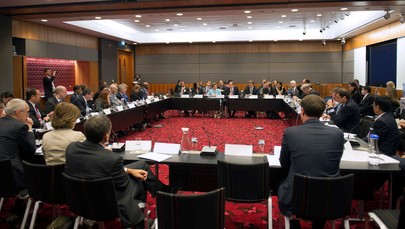
You can find more information about the course at: http://www.kcl.ac.uk/study/summer/programmes/undergraduatesummerschool/modules/Kingslegallondon/Global-Energy-Politics.aspx
Do drop me a line if you have any questions at amb225@cam.ac.uk. I would love to hear from you.
I am looking forward to meeting you and working with you in July.
Alexandra M Bocse, Course Tutor
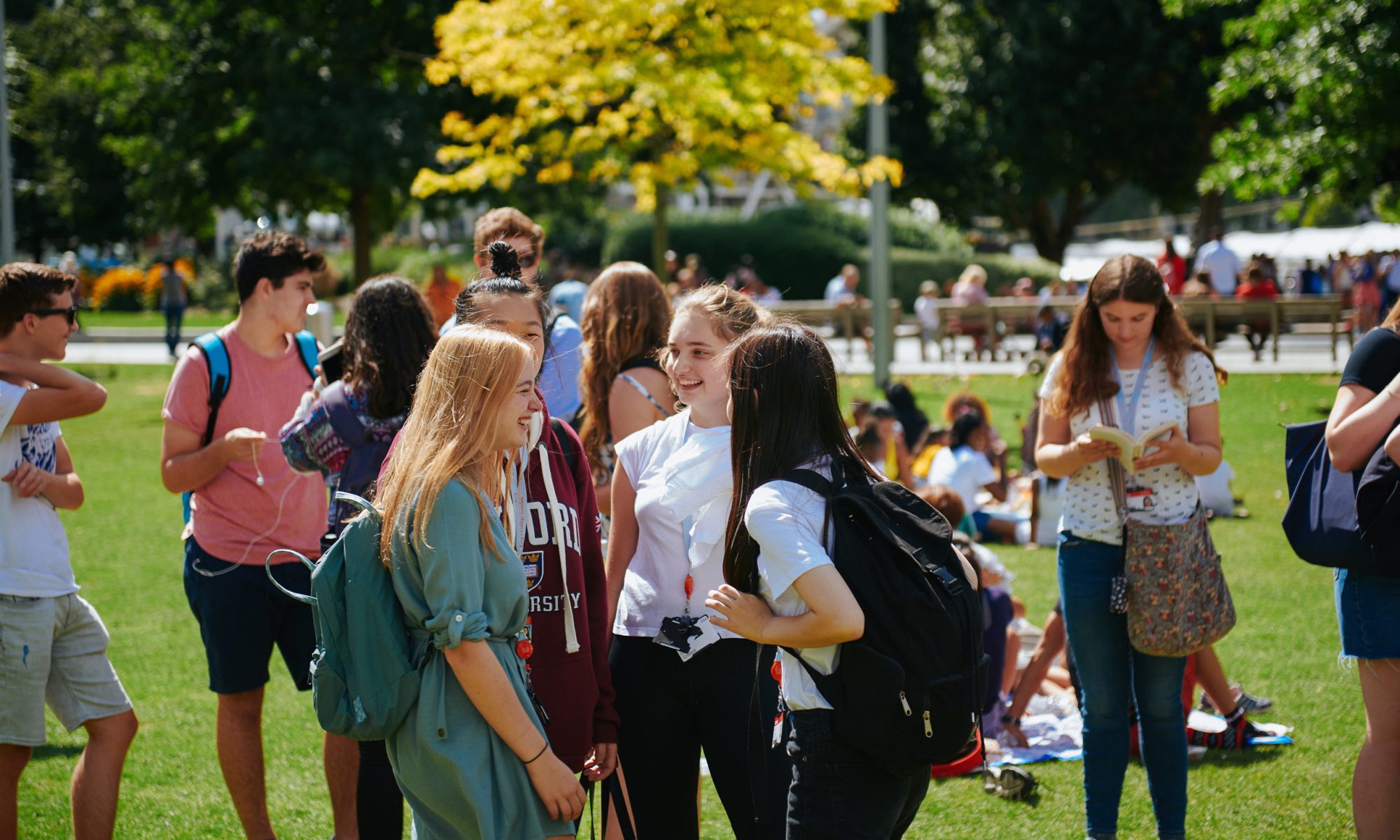
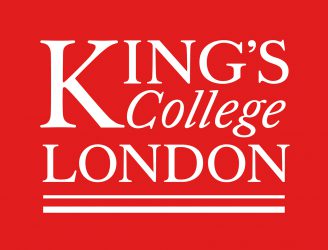
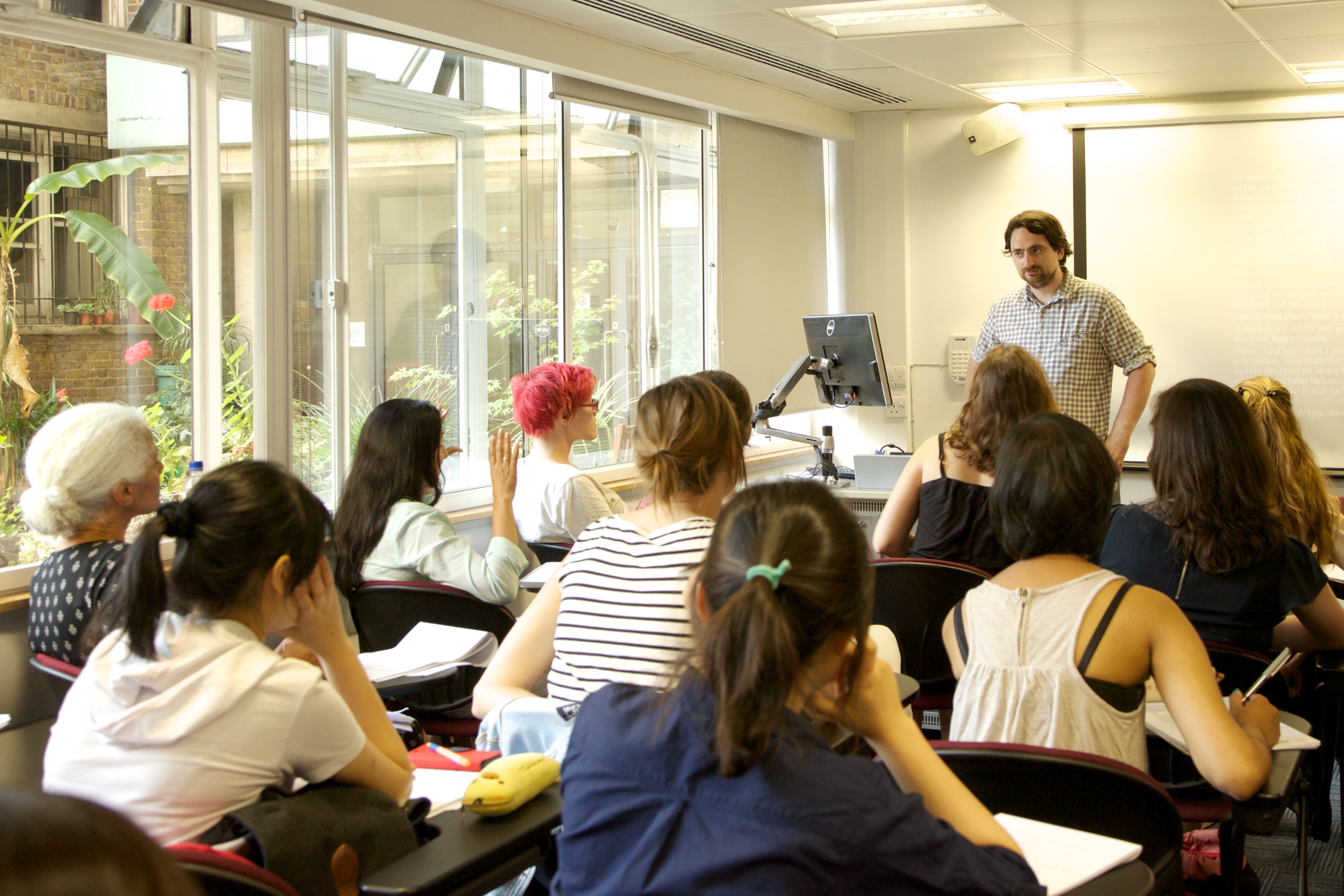
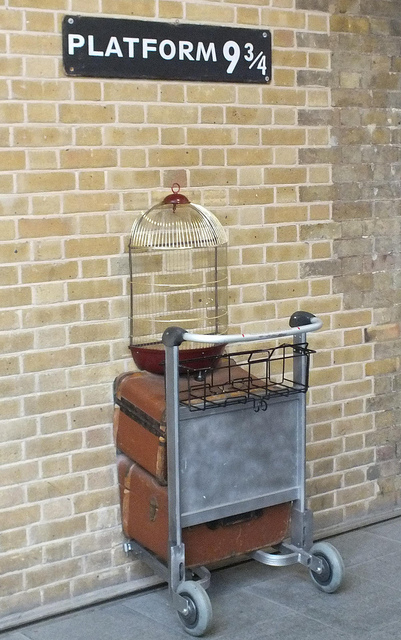
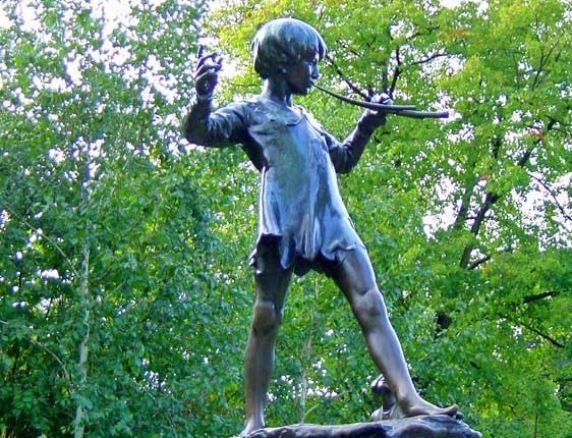
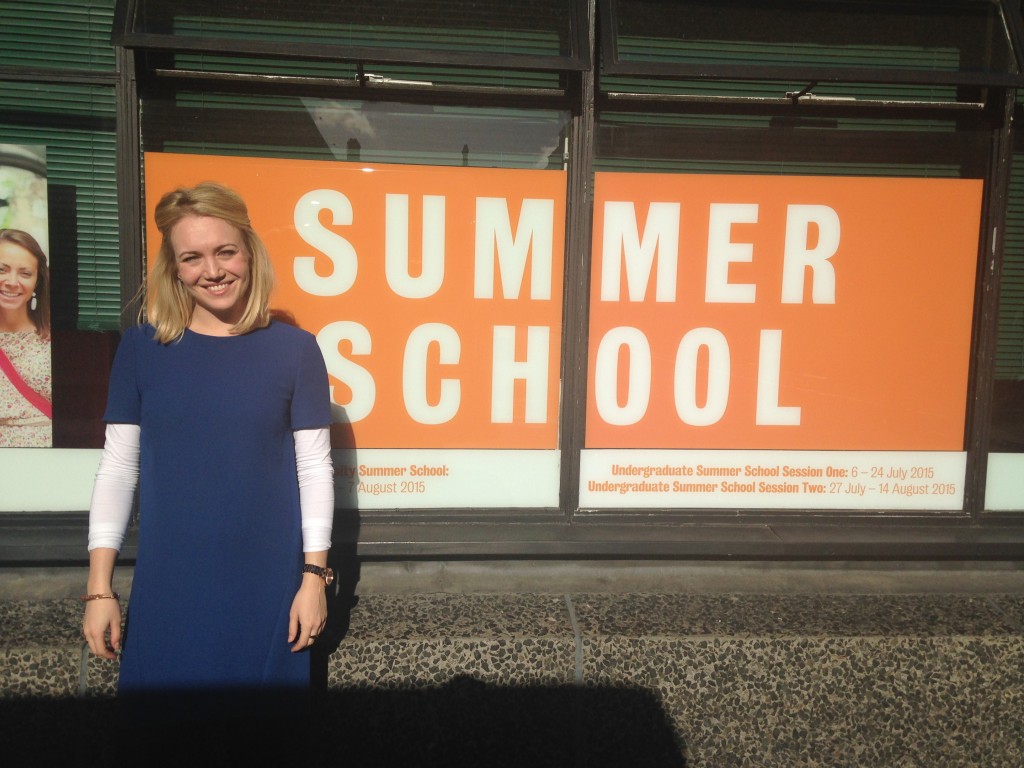
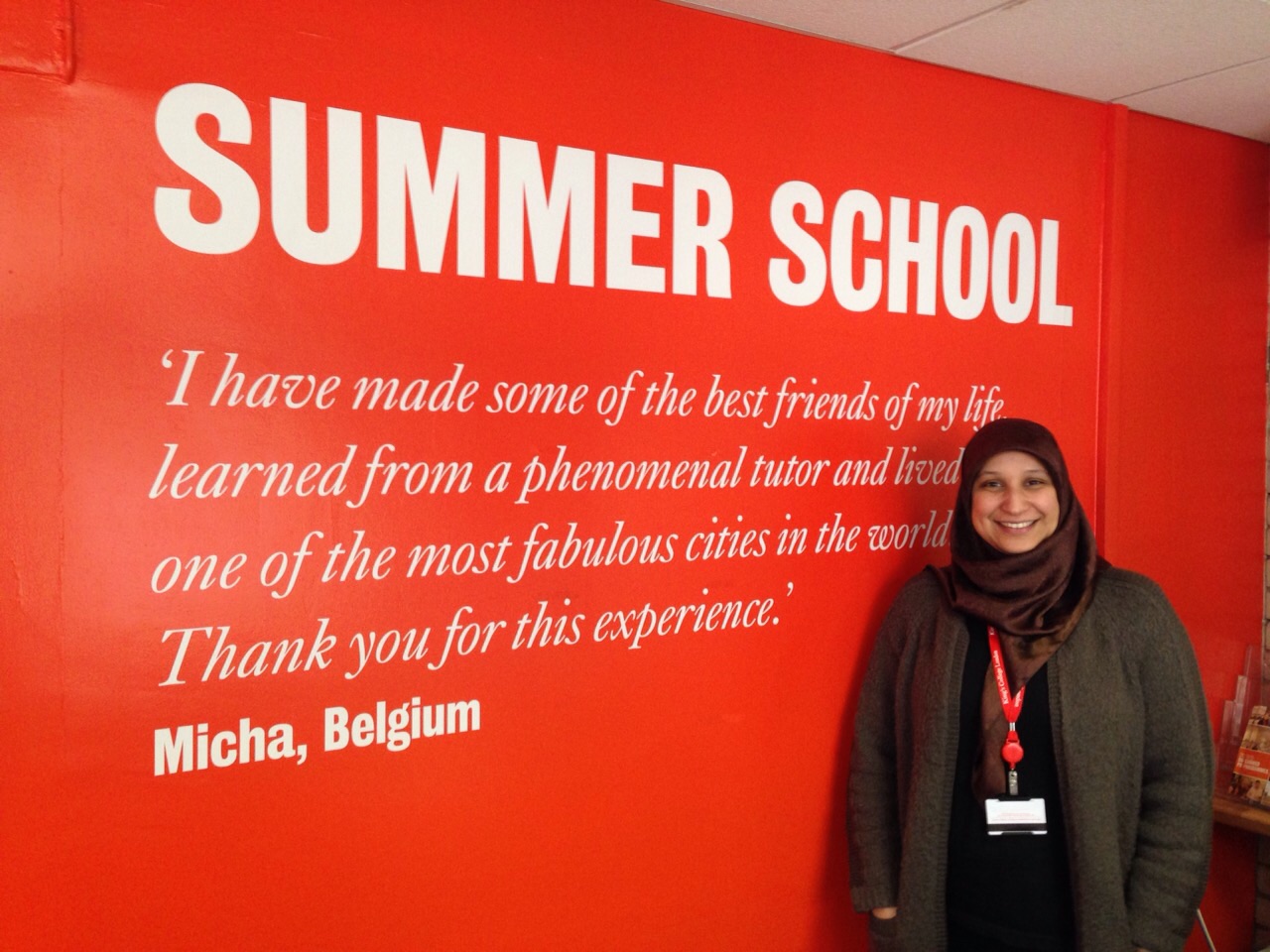
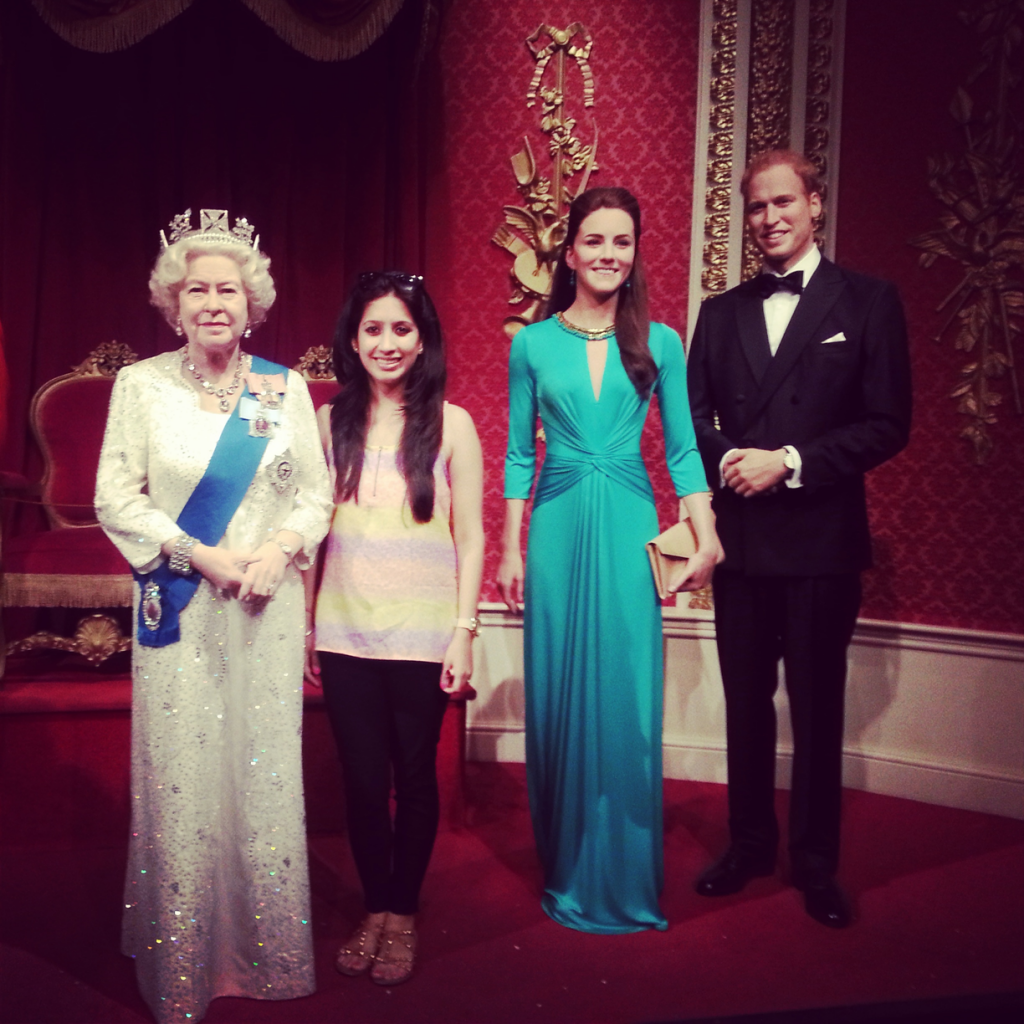
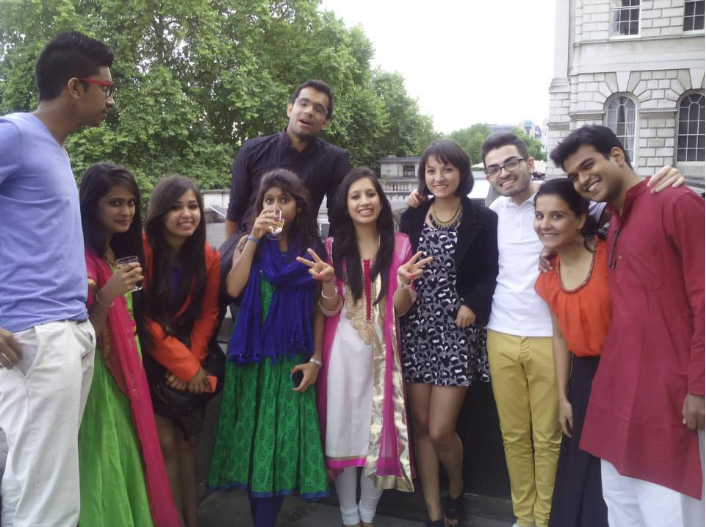
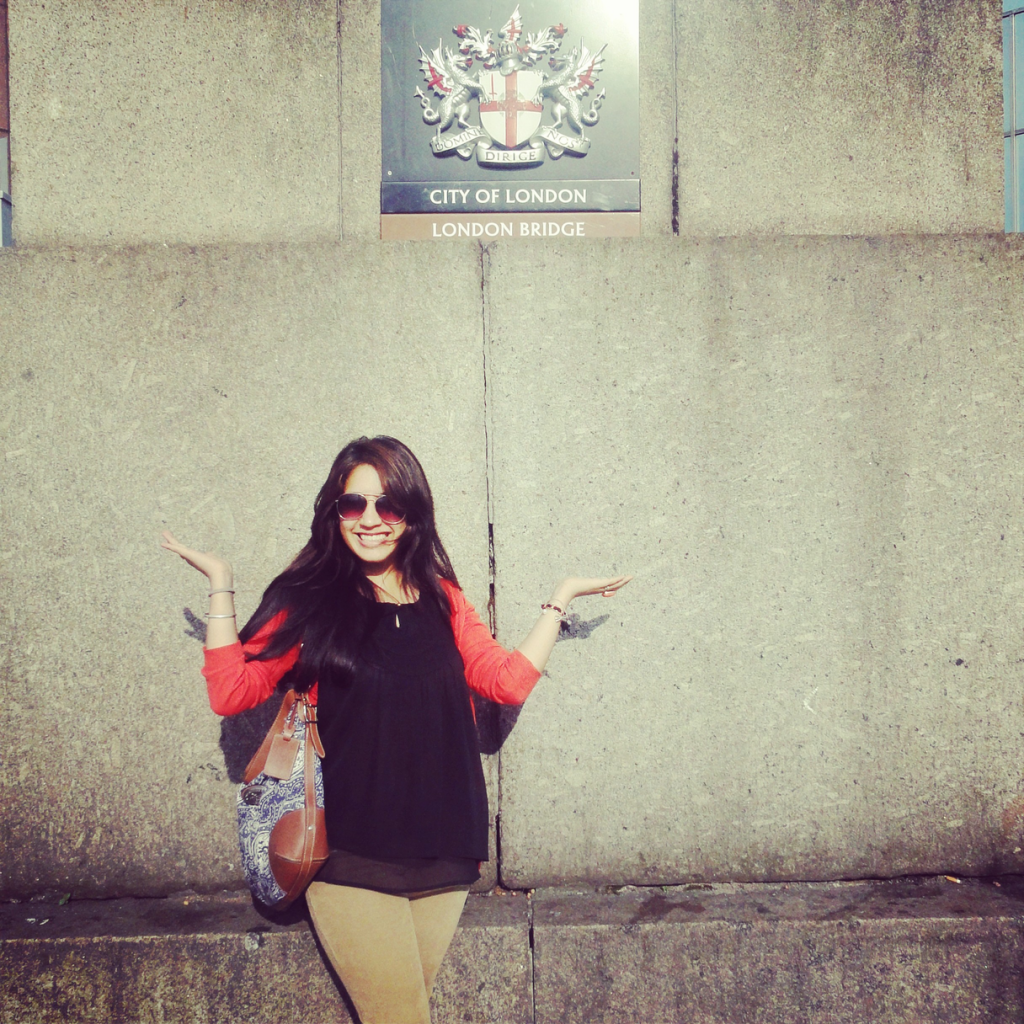
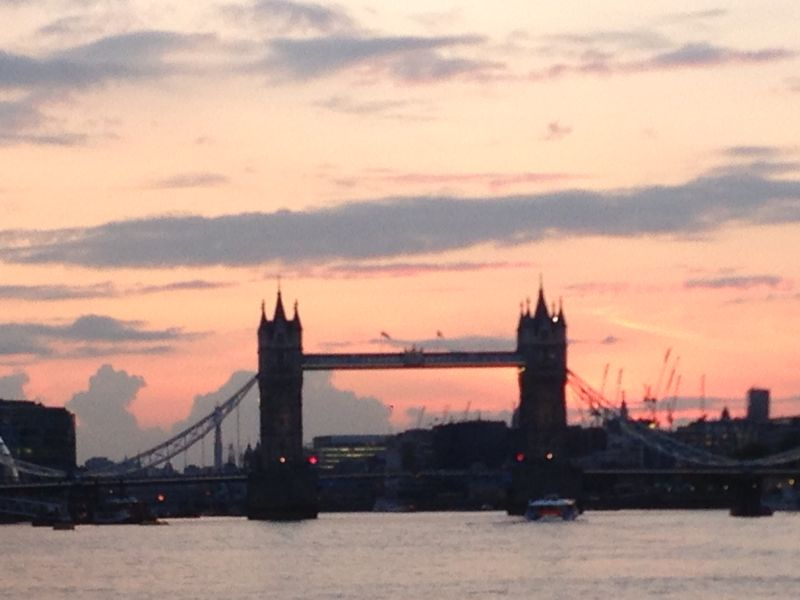

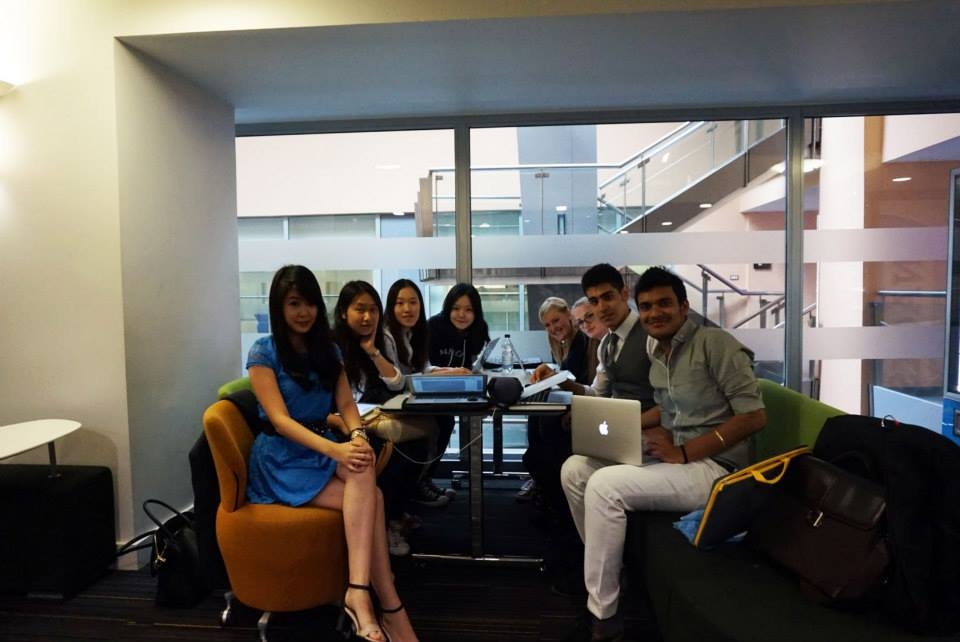


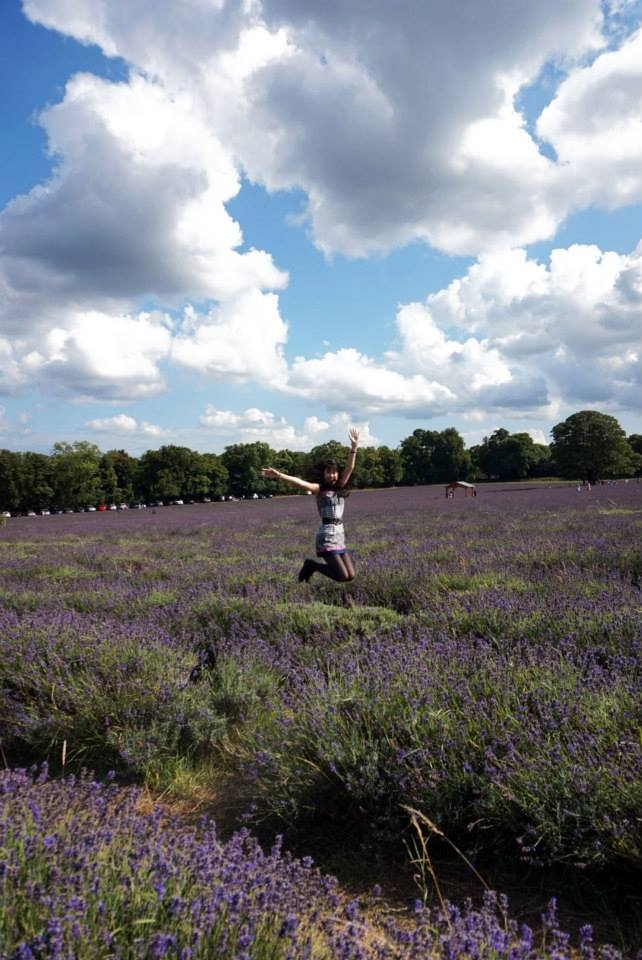
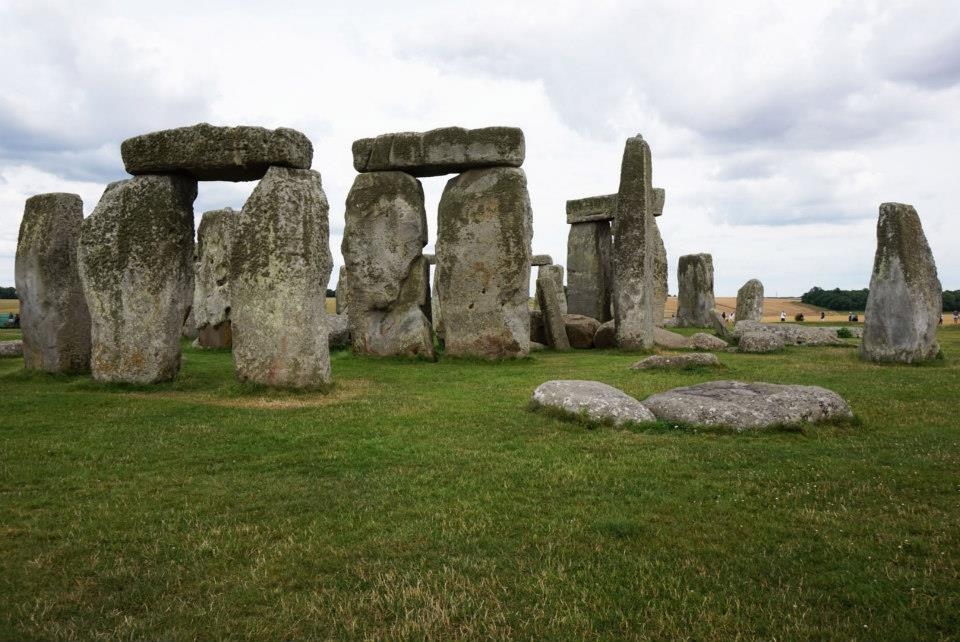
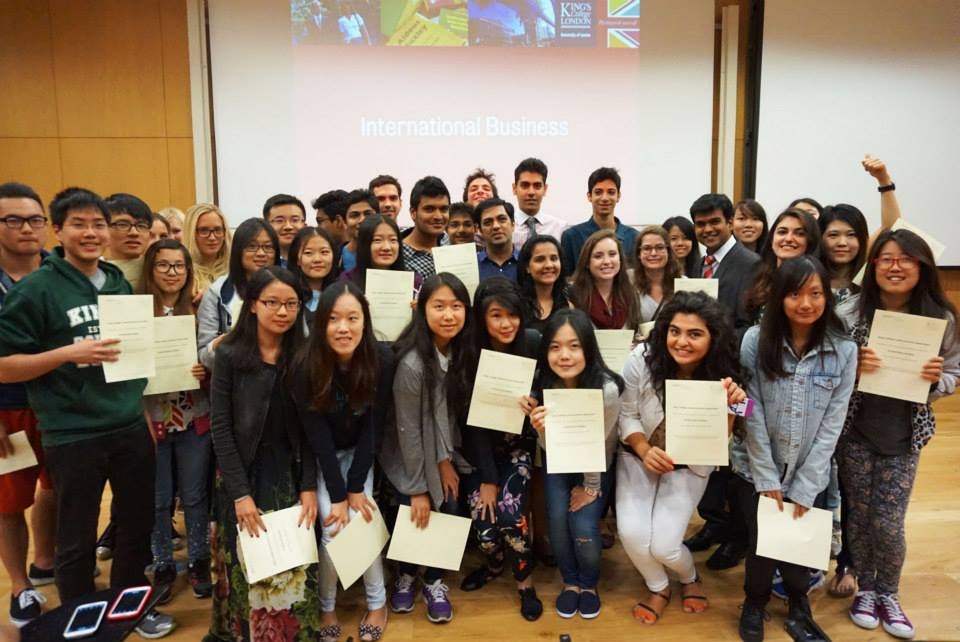

 We are lucky that our course will take place at the Strand Campus, a prime location in London. With this advantage, we have access to the Imperial War Museum, the British Library and the extensive historical archives in King’s College. Both myself and Giuditta are very excited to announce our collaboration with the Archives Centre at Kings: they are helping us to develop a workshop on revolutionary propaganda, including exclusive access to documents on the British Fascist movement and India’s transition to from colonial rule to national independence.
We are lucky that our course will take place at the Strand Campus, a prime location in London. With this advantage, we have access to the Imperial War Museum, the British Library and the extensive historical archives in King’s College. Both myself and Giuditta are very excited to announce our collaboration with the Archives Centre at Kings: they are helping us to develop a workshop on revolutionary propaganda, including exclusive access to documents on the British Fascist movement and India’s transition to from colonial rule to national independence.